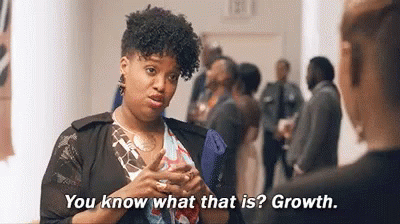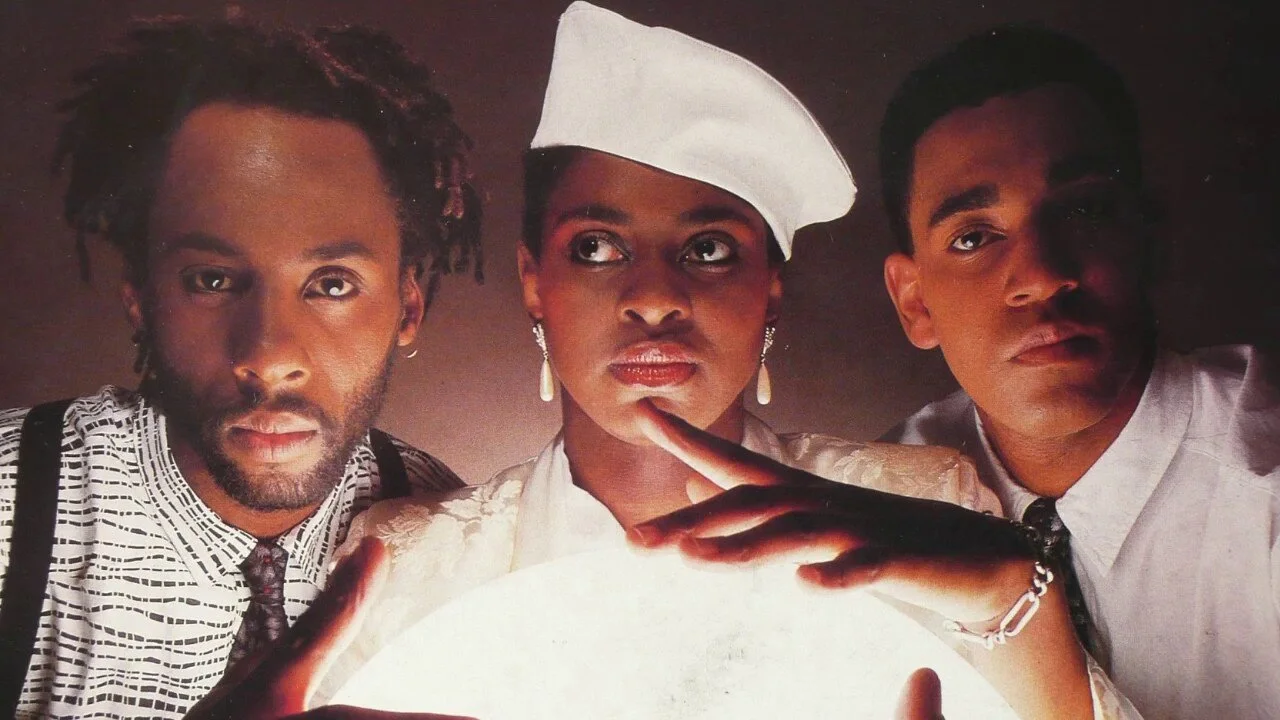Rest in love, Toni Morrison.
Kendrick Daye p/ Afropunk
i look at these images often, especially when i need reminding on what it is to get free. grateful for all that she teaches us, about freedom. Sisterhood. taking up space. centering ourselves. telling our stories. writing with intention. defining ourselves for ourselves and creating without fear of the white gaze.
...i don’t have the words really. but i gathered together some of my favourite ones written and spoken by our beloved Toni Morrison.
Some audio-visual treats in here too. hope it reminds you who you are too… (and feel welcome to share your faves with me in the comments!) x
“The function of freedom
is to free someone else.”
Toni Morrison, Susan Taylor, Rita Dove, Oprah Winfrey, Amina Baraka, Angela Davis, Maya Angelou & others celebrating Toni Morrison's Nobel Prize in Literature | photo credit : Will McIntyre/Time Life Pictures/Getty Images
Toni getting her life and delivering us at a New York disco, 1974.
Toni Morrison by Richard Avedon for newsweek (March 30, 1981)
“What are you without racism? Are you any good? Are you still strong? Still smart? Do you still like yourself? ...
If you can only be tall because someone's on their knees, then you have a serious problem. and my feeling is, white people have a very, very serious problem, and they should start thinking about what they can do about it. Take me out of it.”
-Toni Morrison
“The function, the very serious function of racism is distraction. It keeps you from doing your work. It keeps you explaining, over and over again, your reason for being.
Somebody says you have no language and you spend twenty years proving that you do. Somebody says your head isn’t shaped properly so you have scientists working on the fact that it is. Somebody says you have no art, so you dredge that up. Somebody says you have no kingdoms, so you dredge that up.
None of this is necessary. There will always be one more thing.”
Toni Morrison at her desk at home, c.1980 | photo credit : Bernard Gotfryd
“If there’s a book that you want to read,
but it hasn’t been written yet,
then you must write it.”
my favourite interview retort from Toni:
In times of dread, artists must never choose to remain silent.
For most of the last five centuries, Africa has been understood to be poor, desperately poor, in spite of the fact that it is outrageously rich in oil, gold, diamonds, precious metals, etc. But since those riches do not, in large part, belong to the people who have lived there all their lives, it has remained in the mind of the West worthy of disdain, sorrow and, of course, pillage. We sometimes forget that colonialism was and is war, a war to control and own another country’s resources—meaning money. We may also delude ourselves into thinking that our efforts to “civilize” or “pacify” other countries are not about money. Slavery was always about money: free labor producing money for owners and industries. The contemporary “working poor” and “jobless poor” are like the dormant riches of “darkest colonial Africa”—available for wage theft and property theft, and owned by metastasizing corporations stifling dissident voices.
None of this bodes well for the future. Still, I remember the shout of my friend that day after Christmas: No! This is precisely the time when artists go to work. There is no time for despair, no place for self-pity, no need for silence, no room for fear. We speak, we write, we do language. That is how civilizations heal.
I know the world is bruised and bleeding, and though it is important not to ignore its pain, it is also critical to refuse to succumb to its malevolence. Like failure, chaos contains information that can lead to knowledge—even wisdom. Like art.
"I [gave] myself permission to write books that don't depend on anyone liking them because what I want to do is write better."
The work you do, the person you are (New Yorker article)
“Listen. You don’t live there. You live here. With your people. Go to work. Get your money. And come on home.”
That was what he said. This was what I heard:
1. Whatever the work is, do it well—not for the boss but for yourself.
2. You make the job; it doesn’t make you.
3. Your real life is with us, your family.
4. You are not the work you do; you are the person you are.
I have worked for all sorts of people since then, geniuses and morons, quick-witted and dull, bighearted and narrow. I’ve had many kinds of jobs, but since that conversation with my father I have never considered the level of labor to be the measure of myself, and I have never placed the security of a job above the value of home. ♦
“In this here place, we flesh; flesh that weeps, laughs; flesh that dances on bare feet in grass. Love it. Love it hard. Yonder they do not love your flesh.“ Toni Morrison, Beloved
Photo illustration by Lisa Larson-Walker
Dig what you see here?
If you’d like to receive more inspiration, stories, resources, playlists, special offers + treats a few times a month, feel welcome to join my inner circle of good people and …


















Listen to episode 9 of FEELINGS here 🌈✨